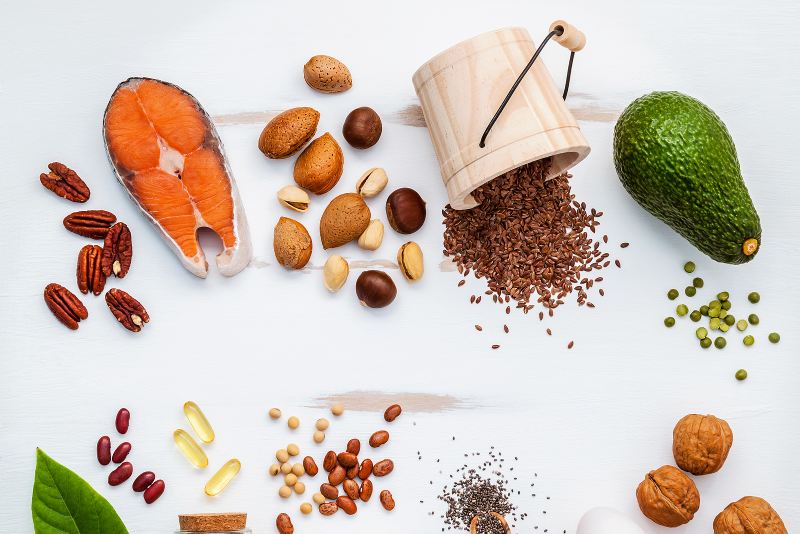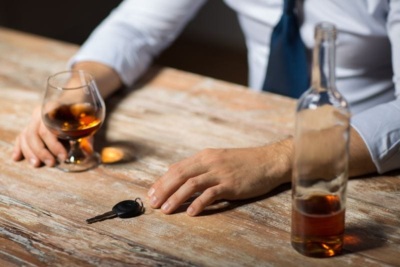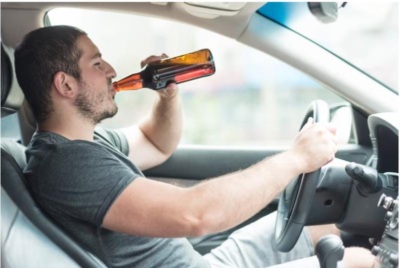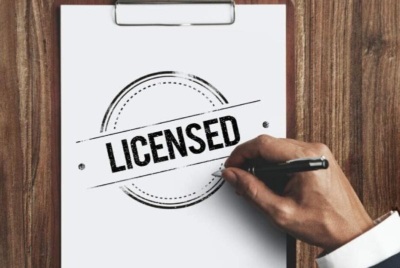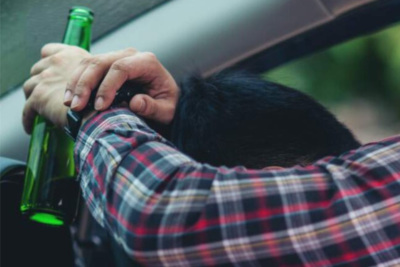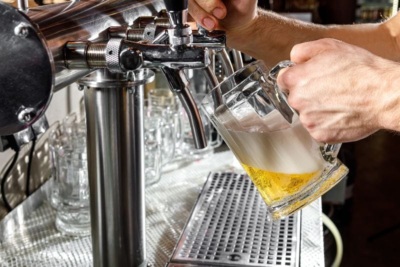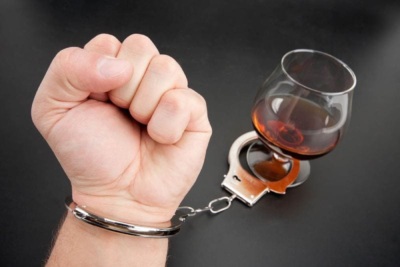Your Interlock will only process alcohol, but that can include the alcohol that is present in some foods that you consume. Using the term ‘false positive’, therefore, can be a little misleading. So, what type of foods can cause an alcohol reading in an Ignition Interlock?
Spicy Foods
Spicy meals are constantly used as an example that will cause ‘false positive’ results in Interlocks. This is because spicy foods can create methane gas once digested, and that heightened level of gas can lead to a positive alcohol reading.
Sugary Foods
One of the most common culprits is yeast. Because it relies on the fermentation process to make dough rise, yeast produces a tiny amount of alcohol. In your stomach it won’t matter, but if you have a tiny bit of pizza dough, bread, cinnamon roll, or other bread-like food in your mouth, the alcohol could trip the sensor in an ignition interlock.
Fruit & Fruit Drinks
If you remember your high school science, you know that fruit can ferment. Some fruit and fruit-based drinks can ferment and release just enough alcohol so that its presence in the mouth dings the interlock sensor.
Here’s the catch: sometimes you can have alcohol on your breath and not know it. Certain foods contain or produce small amounts of alcohol, and while the amounts are not enough to impair you’re driving, the alcohol is right up near the mouthpiece, so its effect is exaggerated.
Vinegar
Do you choose the salad instead of the fries? Good from a health perspective, but the vinegar in the salad dressing was probably made from wine, and traces of alcohol could still be around. Again, not enough to matter if you’ve consumed it, but if, as sometimes happens, you get a bit of lettuce snagged in your teeth, you could end up with a false positive.
Energy Drinks
The label on an energy drink says “alcohol-free,” but some of them contain a low concentration of ethanol. Be vigilant.
Vanilla Extract
Many people aren’t aware that the little bottle of vanilla extract at the grocer is at least 35% alcohol. You don’t use much in a recipe, but a few crumbs of that home-made sugar cookie could have enough to do the trick – if the trick is failing your breath test.
Mouthwash
Mouthwash contains a small amount of alcohol content in it, and though it is not ingested, the alcohol content in your mouth can potentially be enough to give a false positive.
Breath Spray
Breath spray falls into the same category as mouthwash. Due to the small amount of alcohol content in the product, the alcohol in your mouth has the potential to give a false positive.
Certain Diets
Many individuals find out the hard way that certain diets or even being diabetic can cause a breathalyzer to return a false result. This is true for many ignition interlock devices as well. This occurs because diabetics and dieters have exceptionally high levels of acetone in their bodies. This acetone is misread as alcohol, which can cause someone to easily fail their test.
The Upshot: How to Prevent Food Fails
This one is easy. If you have eaten something on this list – or indulged in the other non-food culprits, mouthwash or cough medicine – just wait 15 minutes, or wash your mouth out with water before taking the test. Remember, the alcohol is just in your mouth, not your system. If your mouth is clean, you’ll blow a zero and be on your way.
Distractions
Distractions while driving can lead to unsafe driving and potential rolling re-test issues. In order to drive with an ignition interlock device, the driver must be focused, obeying the laws of the road, paying close attention to speed and potentially pulling over to perform a rolling re-test safely. Distracting passengers, cell phone calls or text messages, loud music or other distractions are all things to avoid while driving and performing rolling re-tests.
Tricking or Cheating a Blow Test
Attempting to trick or cheat a breathalyzer breath test can lead to legal action and penalties as well as major fees from the ignition interlock device providers. It is not possible to trick or cheat a BAC test using these devices and any attempt may lead to severe consequences. Videos and articles you see on this topic are often not accurate and considered tampering.
Tampering or Removing Your Device
Avoid tampering with or removing your ignition interlock device. Any tampering with the device can be considered an offense and lead to legal penalties, fees and additional time spent with the device or under close monitoring. For help with your case, consult an experienced Grand Rapids attorney like Jason Barrix.


